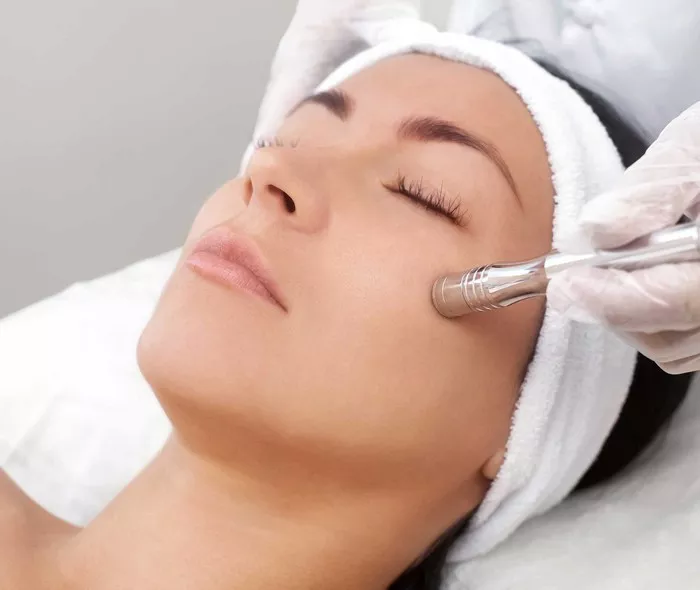Acne scars can be frustrating to deal with, especially if they are deep and noticeable. While there are many treatments available for acne scars, microdermabrasion has become a popular choice for those looking to improve the appearance of their skin. In this article, we will discuss what microdermabrasion is, how it works, and whether it can effectively remove acne scars.
What is Microdermabrasion?
Microdermabrasion is a non-invasive cosmetic procedure that uses a special device to exfoliate the top layer of skin. The device typically uses either a diamond tip or a stream of fine crystals to remove dead skin cells and other debris from the surface of the skin. This process can help improve the texture and appearance of the skin, as well as stimulate collagen production.
Microdermabrasion is commonly used to treat a variety of skin concerns, including fine lines and wrinkles, hyperpigmentation, and mild acne scars. It is generally considered a safe and effective treatment, with minimal downtime and few side effects.
How Does Microdermabrasion Work?
Microdermabrasion works by removing the outermost layer of skin, which is composed of dead skin cells, oil, and other debris. This process stimulates the production of new skin cells and collagen, which can help improve the overall texture and appearance of the skin.
During a microdermabrasion treatment, a special device is used to exfoliate the skin. The device may use a diamond tip or a stream of fine crystals to remove the outermost layer of skin. The process is painless and typically takes less than an hour to complete.
After the treatment, the skin may be slightly red and sensitive, but these side effects usually subside within a few hours. Most people are able to return to their normal activities immediately after the treatment.
Can Microdermabrasion Remove Acne Scars?
While microdermabrasion is not typically used to treat deep or severe acne scars, it can be effective for mild to moderate scarring. The exfoliation process can help improve the texture and appearance of the skin, making acne scars less noticeable.
Microdermabrasion can also help stimulate collagen production, which can help fill in shallow acne scars and improve the overall texture of the skin. However, it is important to note that microdermabrasion is not a miracle cure for acne scars. It may take several treatments to see significant improvement, and deeper scars may require more aggressive treatments such as laser resurfacing or chemical peels.
It is also important to note that microdermabrasion is not recommended for those with active acne or inflamed skin. The procedure can irritate the skin and make acne worse. It is best to wait until the acne has cleared up before undergoing microdermabrasion.
What to Expect During a Microdermabrasion Treatment
If you are considering microdermabrasion for acne scars, it is important to know what to expect during the treatment. Here is a step-by-step guide:
Cleansing: The skin will be cleansed to remove any makeup, oil, or debris.
Exfoliation: The microdermabrasion device will be used to exfoliate the skin. The device may use a diamond tip or a stream of fine crystals to remove the outermost layer of skin.
Moisturizing: After the exfoliation process is complete, a moisturizer or serum may be applied to the skin to help soothe and hydrate it.
Sunscreen: It is important to protect the skin from the sun after a microdermabrasion treatment. A sunscreen with SPF 30 or higher should be applied to the skin before leaving the clinic.
Follow-up: Depending on the severity of your acne scars, you may need several treatments to achieve the desired results. Your dermatologist or aesthetician will be able to recommend a treatment plan based on your individual needs.
Conclusion
Microdermabrasion can be an effective treatment for mild to moderate acne scars. The exfoliation process can help improve the texture and appearance of the skin, making acne scars less noticeable. However, it is important to note that microdermabrasion is not a miracle cure for acne scars. It may take several treatments to see significant improvement, and deeper scars may require more aggressive treatments such as laser resurfacing or chemical peels.
If you are considering microdermabrasion for acne scars, it is important to consult with a dermatologist or aesthetician to determine if it is the right treatment for you. They will be able to recommend a treatment plan based on your individual needs and skin type. With patience and persistence, microdermabrasion can help you achieve smoother, more youthful-looking skin.

